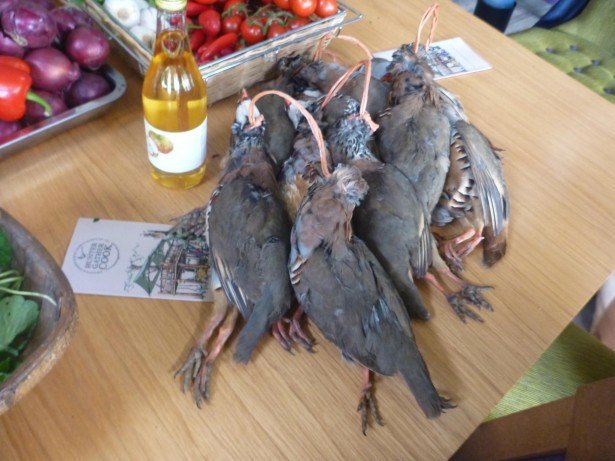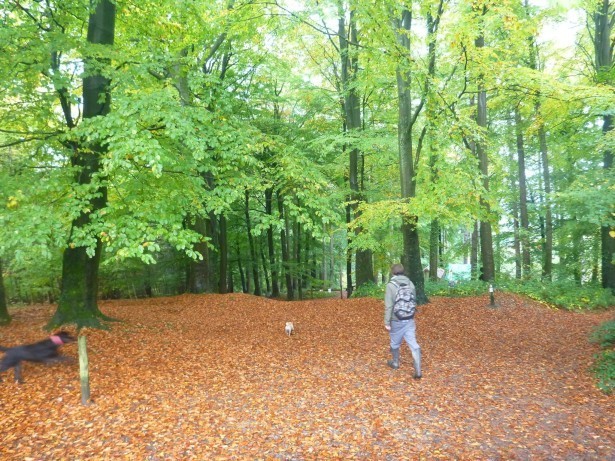When you’re out in the woods and your only means of survival is your hunting gear, you’ll want to bring just the necessities, especially if you’re not carrying any other luggage. After a long day of trekking, your body will be worn out. Hunting with a 15-pound hunting pack (perhaps paired with the 10,000 ft elevation) will make you regret not spending more time in the gym and training for your trip. Back in 2015, I was on a crazy hunting tour in the Forest of Dean, where we slept in huts and we cooked partridge after our hunt.
Many hunters learn what they need for their day hunt packs by trial and error over the years. Hunting is an excellent method to understand what you need, but only if you put yourself in the situation. You may not know what to take in your day packs if you’re a novice hunter or taking your kids hunting for the first time. If you’re planning a hunting expedition at Idaho and have familiarized yourself with Idaho hunting guides, make sure you have the following items with you, regardless of your level of experience.
Food/Snacks
After a long day of trekking, you’re sure to become peckish. Two of the most popular options for hunters are mixing nuts in your backpack and using a jetboil to reheat pre-packaged freeze-dried food. If you are curious about your weight, go for mixed nuts, jerky, and high-calorie protein bars. Jetboil and your favorite prepared freeze-dried meal are also an excellent choice if you have an extra pound or pound and a half in your day pack.
Water
Water is one of the essential resources for living, but there are many others. Water, according to Factor Equipment, is the most critical component of a hunter’s daypack. The bulk of your pack weight should be dedicated to hydration. We recommend that you store your water supply in a bladder to save space in your pack. Platypus collapsible, which may be stored in the bottom of your bag, is another option.
Fuel for a fire and a lighter
Because there is no certainty when and where you’ll need a lighter, it’s always a good idea to pack one. While following an animal, the sun went down, and it became necessary to post-camp for the night, or you’re injured and need to draw attention to yourself, you may make a fire if necessary.
Medical Kit
Hunting is dangerous, which is why there is no reason not to bring first aid while hunting, like blisters on your heel from your boots, a cactus battle, or a knife cut. A few bandages of various sizes, antibacterial cream, hand sanitizer, paracord, and anti-itch lotion are all that are required. Your goal is to have enough supplies on hand to keep you happy.
Headlamp
A decent light is usually a good idea if you need to dress an animal in the dark and don’t have your hands free. For longer journeys, look for a flashlight with a long lifespan and alert mode settings like strobe and SOS in case of an emergency. Today’s headlamps are so light that you won’t even know that they’re attached to your body.
Knife
Hunters need a decent field dressing knife in their daypacks. Make sure your hunting knife is razor-sharp and robust. Hardened Knife from Factor Equipment was designed for the busy outdoorsman. It has a drop-point blade that makes cleaning a breeze.
These are the most often bought items by expert and seasoned hunters. However, you may bring more practical items like rubber gloves, garbage bags, flashlights, and more. Lastly, always bring your hunting license with you to avoid any legal problems with the authorities.


